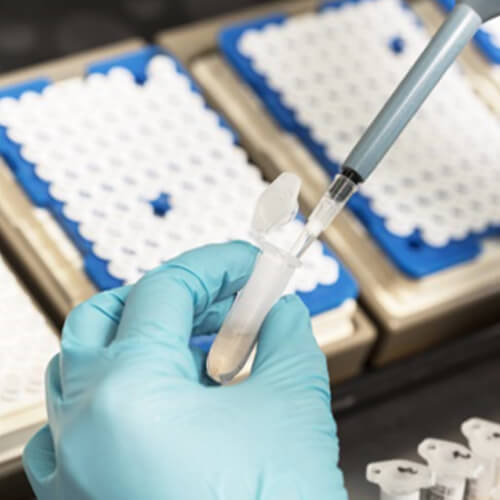"Department of Biomedical Sciences, The Panum Institute, University of Copenhagen, 2200, Copenhagen, Denmark.
"
Abstract:
The glucagon gene is expressed not only in the alpha cells of the pancreatic islets but also in the endocrine cells of the intestinal epithelium (so-called L-cells), and in certain neurons of the brain stem. Whereas in the pancreas, glucagon, the hyperglycaemic hormone, is cleaved out of the 160 amino acid precursor, proglucagon, leaving behind proglucagon fragments (PG 1-30 and PG 72-158, the so-called major proglucagon fragment (MPGF)) that are probably inactive, the intestinal processing leads to the formation of glicentin (PG 1-69; action uncertain) and glucagon-like peptides 1 (PG 78-107amide, a potent incretin homone, regulating insulin secretion, glucagon secretion, gastrointestinal motility and appetite) and 2 (PG 126-158, a regulator of gut mucosal growth and integrity). The two prohormone convertases PC2 and PC1/3, respectively, are responsible for the differential processing. After their release, the hormones are eliminated mainly in the kidneys, but both GLP-2 and in particular GLP-1, but not glucagon, are metabolized both locally and in the circulation and liver by dipeptidyl peptidase 4 (DPP-4) which inactivates the peptides, suggesting that GLP-1 acts locally rather than in an endocrine manner. A number of transcription factors have been identified that can at least partly explain the differential cellular expression of the glucagon gene as well as the differential tissue-specific processing of the precursor.










